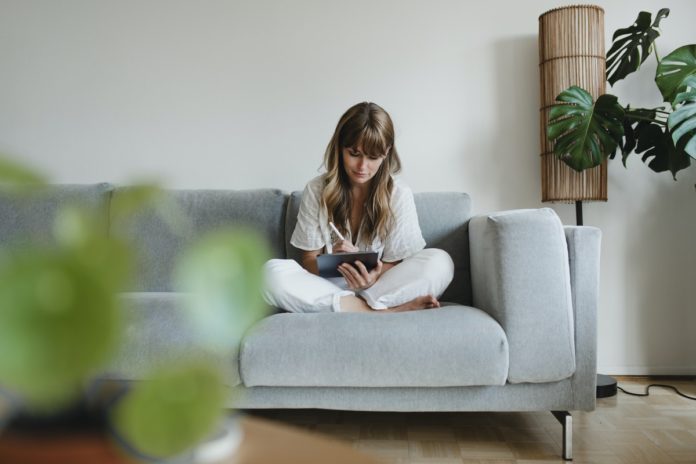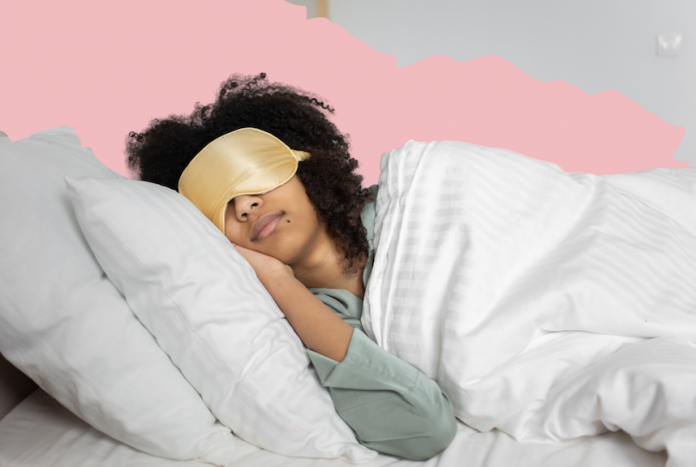The hibernation months are nearly upon us and for many the diminishing light and autumn TV schedules means staying-in is the new going-out. This is conducive to notching up a few extra hours sleep each week however, for others who struggle to drift off, it takes more than an early night and an episode of Homeland to secure the coveted eight-hours.
It’s been well documented that busy lives, high-pressured jobs and an ever-increasing dependency on technology has disrupted our natural daily rhythm. As a result there is no longer a defined day/night cycle that regulates our sleep patterns.
Below are some tips on how to get a better night’s sleep and improve your ‘sleep hygiene’ which is defined as ‘our pre-bed routine, and the physical environment in which we try to sleep.’ You could be sleeping long hours but the quality of sleep may not be optimal. This can contribute to sluggish energy levels and reliance on coffee hits throughout the day to keep focused.
To get back in sync with natural sleep cycles, we need to think back to a time before the myriad of distractions and stressors. Think of a cave-dweller who went to bed at sunset and slept in a cool, quiet, dark environment, rising at dawn, repeating the process night after night.
Light
Avoid ‘blue light’ a few hours before bed (i.e. iPhone, laptop etc.), limiting screen-time will give you time to wind-down. Ensure your sleeping space is free from LED lights emitting from digital devices or inflowing street lighting.
Some believe that allowing natural light into the room helps regulate your body clock however if you cannot eliminate all sources of light during the night, a black-out blind or eye mask will help.
Temperature
The temperature naturally falls at night and you should emulate this drop. In winter it can be tempting to set the heating to high and get your 14 tog duvet down from the loft, but you’ll sleep more soundly if the temperature is kept at an ambient 18C. Simulate cave-like conditions and keep your bedroom cool and well ventilated.
Routine
This means no zigzagging bed times. Aim to go to sleep and rise at roughly the same time each day. Obviously this is not always achievable however a consistent approach will re-establish healthy habits.
Maintaining a regular routine with regard to exercise and eating will also help synchronise your body clock. It’s better to avoid both too near bedtime. Diet also plays a part; avoiding caffeine, alcohol and sugar (at all times, not just before bed) has been shown to aid sleep quality.
Psychological
Whirring thoughts and anxiety are one of the main obstacles to a good night’s sleep. Fretting about past actions or possible future events will discourage restful sleep. If you can, leave any work-related items outside your bedroom (blackberry, laptop, work-bag etc.).
Write a list of things-to-do and leave them in the office to worry about the next day. If you need a perceptible distraction, listen to soothing music or a lighthearted podcast/audiobook to disrupt obstructive or negative thought cycles. In certain situations Cognitive Behaviour Therapy (or talking therapy) may help you reestablish positive thought processes and curb anxiety related insomnia.
About our Guest Blogger
Joanna contributes to Style and Then Some . A fabulous blog dedicated to 50% all things fashion and 50% things to do/see/hear/experience in London and beyond.
Joanna has worked at numerous fashion head offices both in London and abroad and loves all things fashion and beauty, boring anyone who’ll listen about a new skincare find.
Starting out as a buyer has made her handy with a spreadsheet and knowledgeable about import logistics however has now crossed over into editorial to pursue her love of writing.
For the latest stylish outpourings from Style and Then Some, follow the blog on Twitter @Style_thensome





